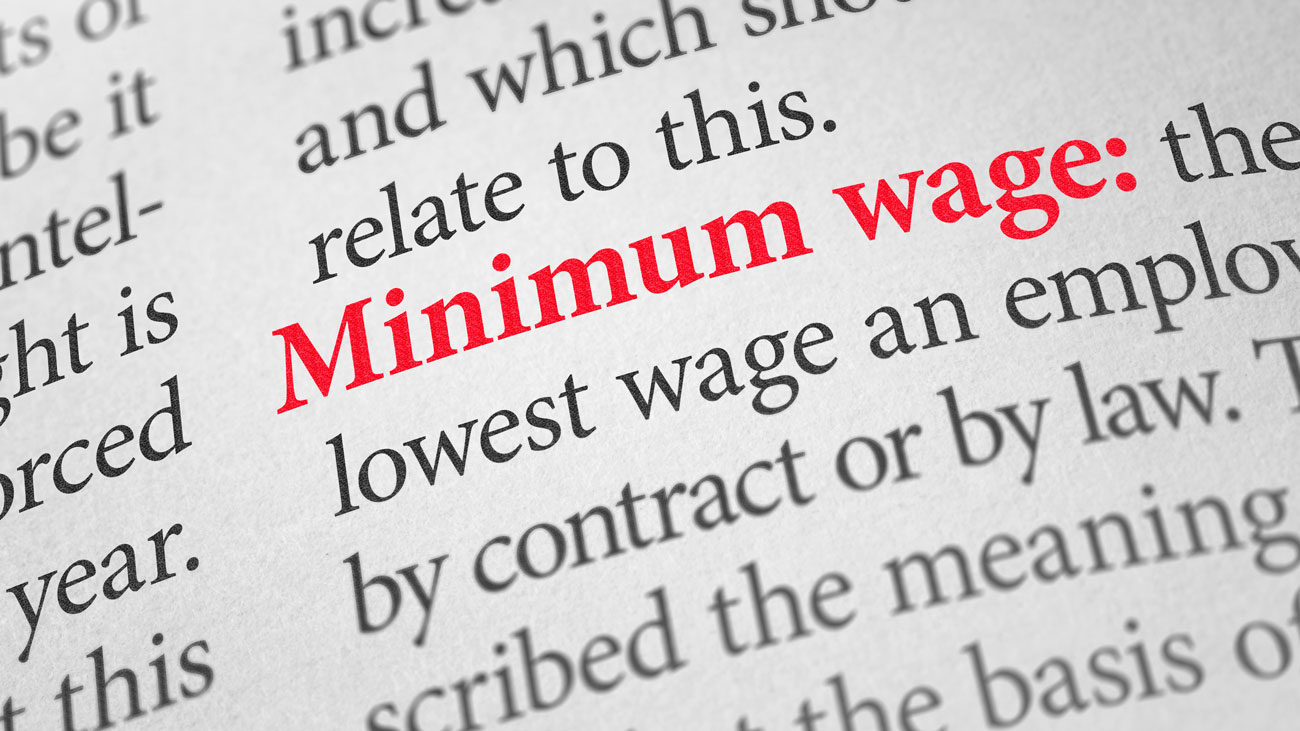
Employers ‘named and shamed’ for paying less than Minimum Wage
Following investigations by Her Majesty’s Revenue and Customs, a total of £2.1m was found to be owed to over 34,000 workers and 199 businesses have been named for breaking National Minimum Wage law.
The breaches took place between 2011 and 2018. Named employers have since been made to pay back what they owed, and were fined an additional £3.2m, showing it is never acceptable to underpay workers.
The UK Government last increased National Living Wage and National Minimum Wage rates in April 2021. Someone working full-time on the National Living Wage will be taking home £5,400 more annually than they were in 2010. Every single UK worker is entitled to the National Minimum Wage, no matter their age or profession.
Whilst not all Minimum Wage underpayments are intentional, it has always been the responsibility of all employers to abide by the law. Clear guidance is available on gov.uk, which all employers should check.
Minimum wage breaches can occur when workers are being paid on or just above the minimum wage rate, and then have deductions from their pay for uniform or accommodation. The employers named last week previously underpaid workers in the following ways:
- 47% wrongly deducted pay from workers’ wages, including for uniform and expenses.
- 30% failed to pay workers for all the time they had worked, such as when they worked overtime.
- 19% paid the incorrect apprenticeship rate.
Business Minister, Paul Scully, said:
“Our Minimum Wage laws are there to ensure a fair day’s work gets a fair day’s pay – it is unacceptable for any company to come up short. All employers, including those on this list, need to pay workers properly. This Government will continue to protect workers’ rights vigilantly, and employers that short-change workers won’t get off lightly.”
Employers who pay workers less than the minimum wage have to pay back arrears of wages to the worker at current minimum wage rates. They also face hefty financial penalties of up to 200% of arrears - capped at £20,000 per worker - which are paid to the Government. Since 2015 the Government has ordered employers to repay over £100m to one million workers.
A significant number of the minimum wage breaches identified affected those on apprenticeships. Apprentices should be paid at least the national minimum wage consistent with the law for the time they are in work and in off-the-job training. The Government has now published new guidance to ensure employers know exactly what they need to do to pay their apprentices, and all workers, correctly.
The Government is committed to protecting workers’ rights and while the vast majority of businesses follow the law and uphold workers’ rights, the publication of this list serves as a reminder to employers that the government will take action against those who fail to pay their employees the minimum wage.
As well as advice for employers, HMRC offers advice for all workers on how to ensure they are being paid correctly via the Check your pay website.
Chair of the Low Pay Commission, Bryan Sanderson, said:
“These are very difficult times for all workers, particularly those on low pay who are often undertaking critical tasks in a variety of key sectors including care. The minimum wage provides a crucial level of support and compliance is essential for the benefit of both the recipients and our society as a whole.”







